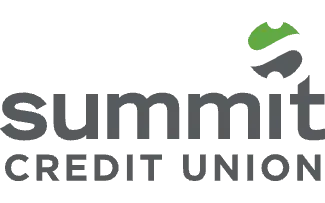4 Tips to Actually Make Money With Your Side Hustle
Financial Education
Navigating The 401(k)
Career & Income
Building Wealth
Planning For Life Events
The name 401(k) comes from the tax code the IRS created to allow employers to set up a pretax retirement savings plan for their employees. It’s also the most common type of retirement plan, and the one you’ll read and hear about most often. The idea of a 401(k) is simple: You decide how much money you’d like to set aside from your paycheck each month, and your employer puts the money into the account you choose. Your paycheck will be smaller depending on the amount you choose to save, but not as small as you think since the 401(k) comes with plenty of tax benefits (which is great for you!).
Your 401(k) is funded by “pretax dollars,” which means the contributions you make to your plan are taken from your paycheck before taxes are taken out. This also means that if you decide to enroll in a 401(k) plan, you will pay less income tax on your overall take home salary. Who doesn’t like that?! Eventually, though, you will have to pay taxes on the money that you’ve contributed to your 401(k), but not until you retire. This gives you plenty of time to build the amount of money in your retirement fund, as well as for the money itself to accrue interest. There is one catch: If you choose to withdraw money before the age of 59 ½, you generally will be taxed 10% with an “early withdrawal penalty,” which can result in you losing quite a chunk of money depending on the amount of your contributions. That’s why savvy savers plan ahead!
There is also another type of 401(k) plan called the “Roth 401(k),” which is slightly different. Essentially, it works in the reverse function: Your contributions from your paychecks do get taxed, but when you eventually retire and withdraw the money, your withdrawals are tax free. The money in a Roth 401(k) also grows tax free as you contribute to it.
Another important part of a 401(k) program is the employer match. Many companies that offer a 401(k) enrollment plan also offer a match program, meaning they will match the contribution you make to your 401(k) (up to a certain set amount). For many companies, that’s as much as 6% of your total salary, which really adds up over time. And, it’s free money! You also do not pay taxes on your employer match amount until you withdraw from it after you retire. Employers often have “vesting” rules as well, which basically means you have to work at the company for a certain length of time in order to claim the full amount of the match your employer has contributed to the account. So, if an employer offers a match program which is fully vested after five years, that means you have to work there for five years before you can keep all of the match dollars they have provided. Many employers tier this system, so you can claim a greater proportion of your match dollars after each year or so. Rest assured, though, the dollars you contribute will always be yours. Phew!
Finally, if you choose to leave your employer or unexpectedly lose your job, you can usually rollover your 401(k) to what is offered at your new company – just be sure to look into this ahead of time. Although it can seem tempting to cash out your 401(k) when you leave a position, it will still be taxed if you are younger than 59 ½ years old. Depending on how you choose to have the funds given to you, you may have to pay additional fees as well.
So there you have it, savvy savers. While there are plenty of ins and outs of a 401(k) retirement savings option, it’s an easy way for you to make a good investment that will benefit you down the road.

3 Reasons Financial Wellness Should Be One Of Your New Year’s Resolutions

Five Steps To Save Smarter

Five Tips For A More Meaningful Holiday

Project Money: Planning For Future Financial Goals
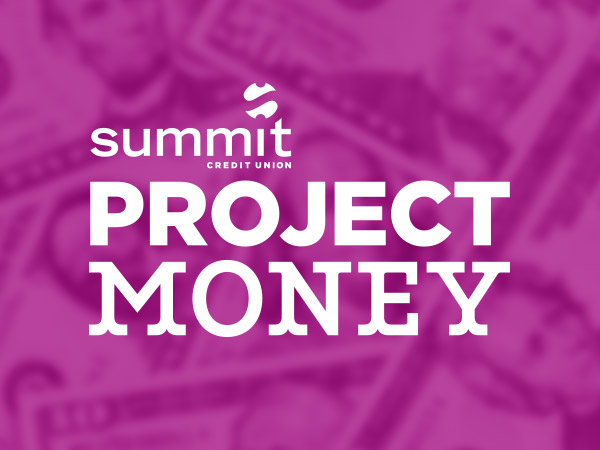
Are You Missing Out On Free Retirement Money?

Kim's Tips For Setting Smart Goals
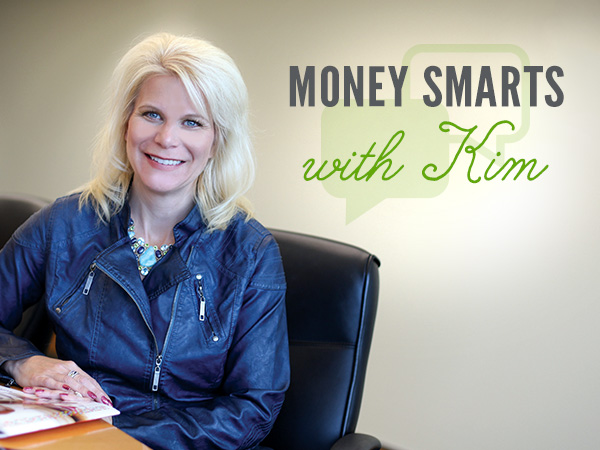
Want To Do A Better Job Preparing For Retirement? Three Easy-ish Steps That Could Make A Big Difference.

Kim’s Tips For Building Your Savings
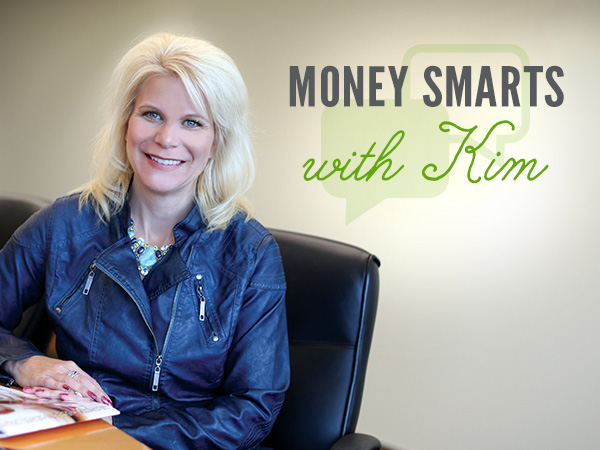
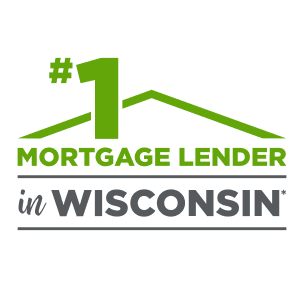
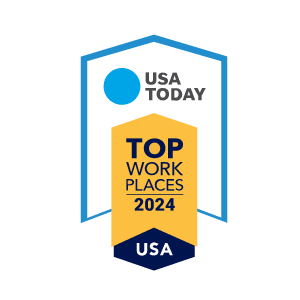
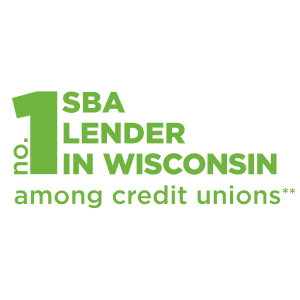
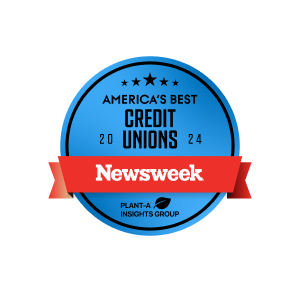
Featured Products
Financial Education
About
Help & Support





Stay on SummitCreditUnion.com
Go
Consumer Financial Protection Bureau's website.


